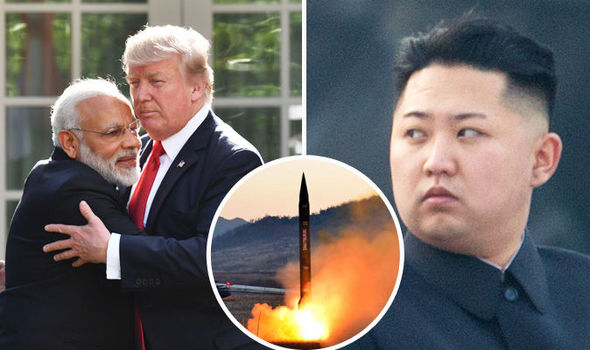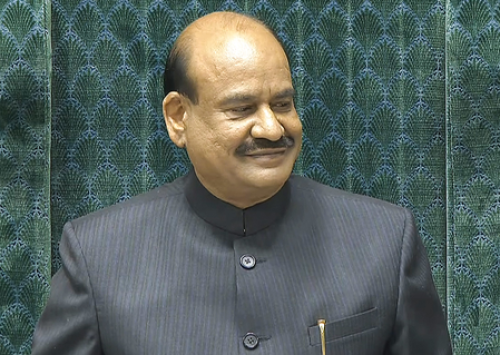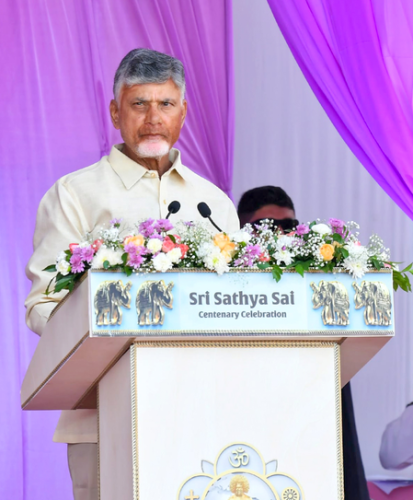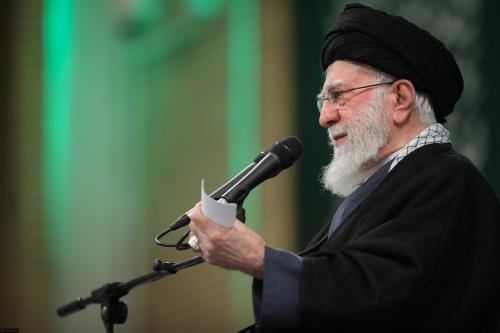New Delhi: Notwithstanding the outcome of a summit between US President Donald Trump and North Korea’s Dear Respected Comrade Kim Jong-un, India hopes to gain from recent landmark developments in the Korean peninsula. What India wants from Kim’s coming out party with Trump on the global stage is continued attention to its own concerns about North Korea’s support for Pakistan’s nuclear and missile programs. Contrary to popular belief, efforts in New Delhi to get Pyongyang to end such cooperation with Islamabad began several years ago. A turning point in those efforts was a hitherto upublicized visit to North Korea by Gautam Bambawale, Joint Secretary in charge of East Asia in the Ministry of External Affairs (MEA) from 2009 to 2014. India has few sticks to use against Pyongyang, but it has many carrots and MEA has used them in recent years with foresight. To alleviate crippling starvation in its countryside, North Korea’s de facto Foreign Minister Kim Kye-gwan requested India for food aid in 2010. India shipped 900 tons of soya beans and 373 tons of wheat, but only after the North Koreans agreed that Pratap Singh, then Ambassador, would take delivery of the consignment in the port of Nampo, about 50 km outside the capital and personally hand over the food to the United Nations World Food Program. Thus India stole a march over every other country with which North Korea has diplomatic relations – including China – when Singh was permitted by the secretive regime to not only travel out of Pyongyang, but also set foot in parts of the country where no foreign diplomat had ever been. It was an example of deft diplomacy. On the way to Nampo, the Ambassador requested that he may be allowed to take a detour to the countryside to convince South Block, the MEA headquarters, of the food needs of the people. To his surprise, the regime agreed. Instantly, Singh was the most popular envoy in Pyongyang because no other resident Ambassador had a first-hand experience of how North Koreans really lived. Soon, the Ministry of Culture sanctioned 2,000 Euros as grant-in-aid for the Korea-India Friendship Association School in Pyongyang. The school was in dire need of stationery and it had no diesel to transport children. These were also arranged. North Korea was then completely isolated. But India participated in the Pyongyang Autumn International Trade Fair with the theme “India: Dynamic Business Partner for the Democratic People’s Republic of Korea.” Grateful for these important gestures, the regime in Pyongyang gave a patient hearing to Bambawale during his meetings about seven years ago. This was the starting point for an unpublicized dialogue with the North Koreans on New Delhi’s concerns about nuclear and missile cooperation with Pakistan. The threads of this dialogue have now been picked up at a higher level by the Minister of State for External Affairs, V K Singh. In the 1990s, China’s thriving nuclear cooperation with Pakistan in such critical areas as supply of ring magnets to Islamabad’s nuclear plants was gradually restricted through a global effort to get Beijing on the road to greater non-proliferation. India believes that this is the way forward for the Kim regime as well. New Delhi hopes the China experience will be replicated when Kim progressively engages the US and the rest of the world. North Korea is an unusual instance of South Block being way ahead of India’s strategic community, the media and the academia in not only spotting diplomatic opportunities but also carefully crafting policies that advance national stake.
How India stands to gain from Trump-Kim Singapore summit| Analysis
- by Rinku
- June 12, 2018 2 minutes

Trump-Kim Jonu un-Modi











